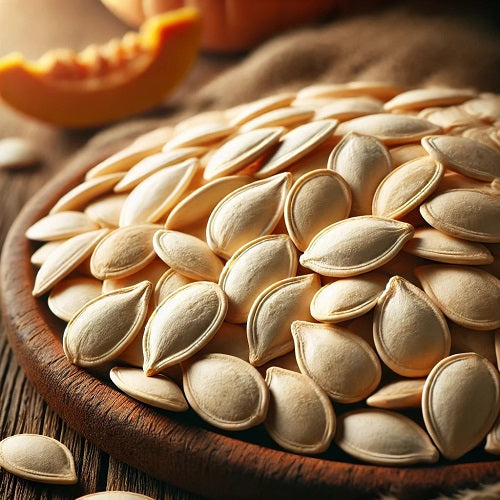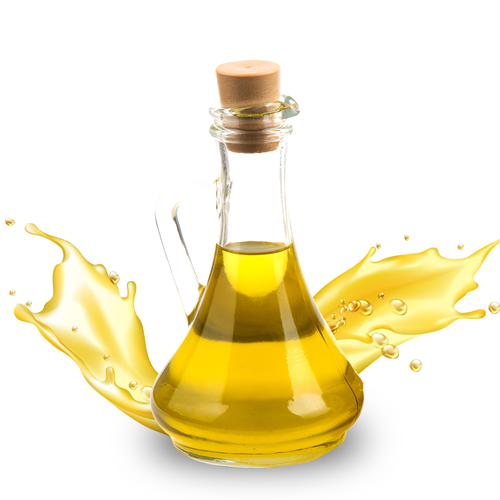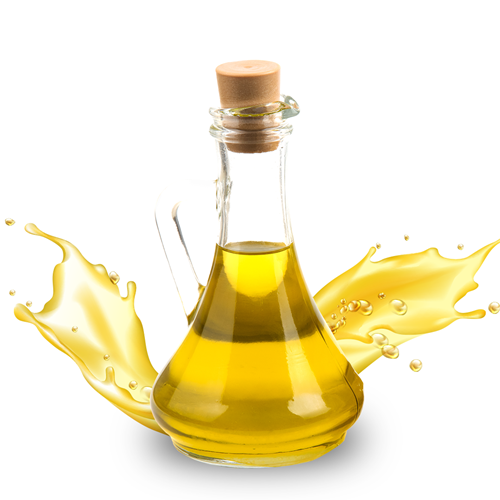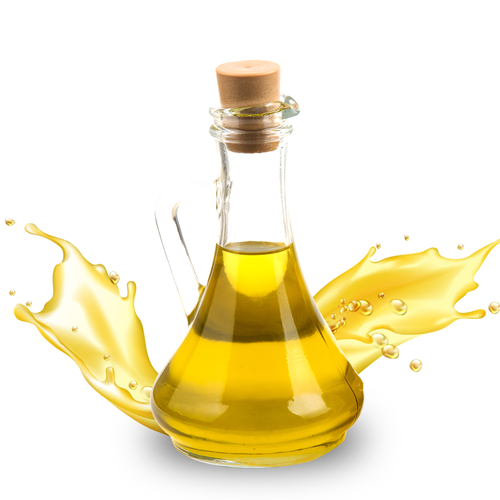Menu
Add description, images, menus and links to your mega menu
A column with no settings can be used as a spacer
Link to your collections, sales and even external links
Add up to five columns
Add description, images, menus and links to your mega menu
A column with no settings can be used as a spacer
Link to your collections, sales and even external links
Add up to five columns
LOOKING FOR BULK INGREDIENTS PRICING?

Benefits of Pumpkin Seeds - Wholesale B2B Bulk Suppliers in USA
Pumpkin Seeds: A Nutrient-Dense Superfood for Everyday Wellness
Pumpkin Seeds, also known as pepitas, are the edible flat, oval seeds found inside pumpkins (Cucurbita pepo). These tiny seeds pack a serious nutritional punch and have been used in traditional medicine for centuries. With their crunchy texture, mild nutty flavor, and impressive array of health benefits, pumpkin seeds are a true superfood that fits easily into a balanced, health-conscious diet.
Botanical Profile
-
Botanical Name: Cucurbita pepo
-
Family: Cucurbitaceae
-
Plant Part Used: Seeds
-
Color: Green (shelled), white (with hull)
-
Taste: Mild, nutty, slightly sweet
-
Common Names: Pumpkin Seeds, Pepitas
Nutritional Benefits of Pumpkin Seeds
-
Rich in Protein and Healthy Fats
Pumpkin seeds are an excellent plant-based source of protein and contain heart-healthy unsaturated fats, including omega-3 and omega-6 fatty acids, which support brain and cardiovascular health. -
Packed with Essential Minerals
These seeds are loaded with zinc, magnesium, iron, copper, and manganese—vital minerals that contribute to immune function, bone strength, energy production, and hormone balance. -
Supports Heart and Prostate Health
The high content of phytosterols, antioxidants, and healthy fats may reduce cholesterol levels and support overall cardiovascular function. In men, pumpkin seeds are often used to support prostate health and urinary function. -
Rich in Antioxidants
Pumpkin seeds contain antioxidants like vitamin E and carotenoids, which help fight oxidative stress, reduce inflammation, and support healthy aging. -
Promotes Better Sleep
Naturally rich in tryptophan—a precursor to serotonin and melatonin—pumpkin seeds may help improve sleep quality when consumed in the evening. -
Supports Blood Sugar Control
The high magnesium content in pumpkin seeds plays a key role in regulating blood sugar levels, making them beneficial for people with diabetes or insulin resistance.
Common Uses of Pumpkin Seeds
-
Roasted as a crunchy snack
-
Added to granola, trail mix, or cereal
-
Sprinkled over salads, soups, and yogurt
-
Ground into seed butter or used in energy bars
-
Baked into bread, muffins, or cookies
-
Blended into smoothies for added nutrients
How to Use
Pumpkin seeds can be eaten raw or roasted, with or without their hull. For maximum nutritional value, opt for unsalted, raw, or dry-roasted seeds without added oils. A daily serving of about 1–2 tablespoons is enough to reap their health benefits.
Final Thoughts
Pumpkin Seeds are a versatile, nutrient-rich superfood that deserve a regular place in your diet. Whether you’re seeking heart support, better sleep, or simply a delicious snack that fuels your body, pumpkin seeds offer an easy and natural way to elevate your nutritional intake. Incorporate them into your meals or enjoy them on their own—either way, you’re nourishing your body with one of nature’s finest seeds.
For bulk orders and inquiries, visit Reveda - Pumpkin Seeds
BUY ONLINE IN USA FROM REVEDA - The leading manufacturer B2B Bulk Wholesale Supplier of Pumpkin Seeds in USA.
Also in Reveda: Health & Wellness

Benifits Of Omega-3 Fish Oil EE - 460 MG/G EPA & 180 MG/G DHA - Wholesale B2B Bulk Suppliers in USA
Read More
SUBSCRIBE NOW ...
Don't miss to get latest updates on sales, new releases and promotions

